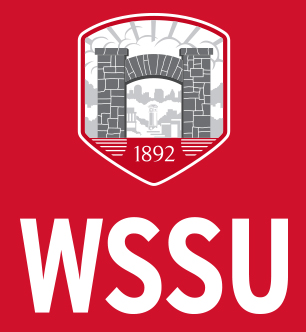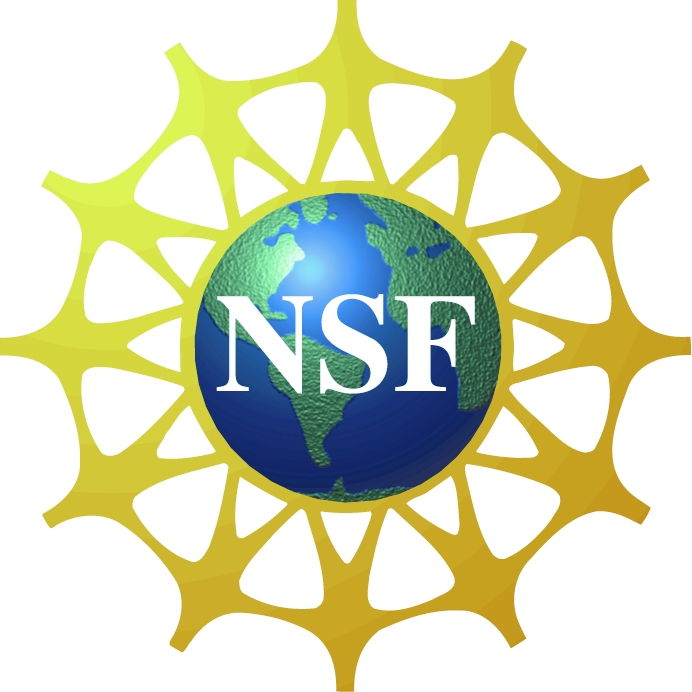DUE-0333069: Towards Reusable and Shareable Courseware: Topic Maps-based Digital Libraries (2004-2005)
Digital course libraries are educational Web applications that contain instructional materials to assist students' learning in a specific discipline. They play a vital role in out-of-class learning, especially in project-based and problem-based learning, as well as in lifelong learning. Digital course libraries are expected, on one side, to provide learners with powerful and intuitive search tools that allow them to efficiently access learning resources, and on another, to support instructors with powerful authoring tools for efficient creation and updating of instructional materials. The latter is closely related to the issue of reusability and shareability of learning content, which in turn is related to both the existence of shared agreement on the content and the standards-based representation of the materials.
We address the problems of findability, reusability, and shareability of learning materials in digital course libraries by suggesting the use of Semantic Web technologies in creating them. More specifically, we propose a framework for digital course libraries that incorporates a meta-layer - semantic layer, based on conceptualization of the course subject domain. The fundamental idea is to build those libraries as both concept-based and ontology-aware repositories of learning objects. Further on, we propose that the implementation of such libraries is based on the ISO XTM standard - XML Topic Maps. Topic Maps (TM) are an emerging Semantic Web technology, that can be used as a means to organize and retrieve information in e-learning repositories in a more efficient and meaningful way.
Topic Maps provide an external meta-structure (a knowledge navigation layer) in the form of a dynamic, semantically based hypertext. As a result, TM-based courseware can offer the following benefits:
- For Learners: Efficient context-based retrieval of learning resources; better awareness in subject-domain browsing; information visualization; customized views, adaptive guidance, and context-based feedback.
- For Instructors: Effective management and maintenance of knowledge and information; personalized courseware presentations; distributed courseware development; reuse and exchange of learning materials, collaborative authoring.
Currently available commercial TM software is mainly aimed at supporting rapid development of TM-based applications (e.g. Ontopia Knowledge Suite, Mondeca Intelligent Topic Manager, etc.). There are some available TM authoring tools, but they are useful to experts in knowledge representation, not to end users. We are not aware of existing specialized education-oriented TM tools that can be used to facilitate the creation, maintenance, search, and visualization of Topic Maps-based learning resources.
Thus the project goals include:
- Development of a framework, which facilitates building of ontology-aware digital course libraries that provide trusted reference information for self-study coupled with support for resource location and domain comprehension.
- Design, implementation, and evaluation of a software tool, which enables creating, maintaining, and integrating disparate learning objects into standards-based ontology-aware digital course libraries.
- Design, implementation, and evaluation of a software tool that supports efficient search, browsing, and navigation of course libraries.
TM4L: Creating and Browsing Educational Topic Maps
TM4L is an e-learning environment, which enables the creation, maintenance, and use of ontology-aware learning repositories based on Topic Maps. It provides support in conceptual structure design and maintenance through its functionality for editing, browsing, and combining such structures, coupled with support for relating concepts, linking concepts to resources, merging ontologies, external searching for resources, defining perspectives, etc. The TM4L environment consists of a:
This material is based upon work supported by the National Science Foundation under Grant No.0333069. Any opinions, findings, and conclusions or recommendations expressed in this material are those of the author(s) and do not necessarily reflect the views of the National Science Foundation.

